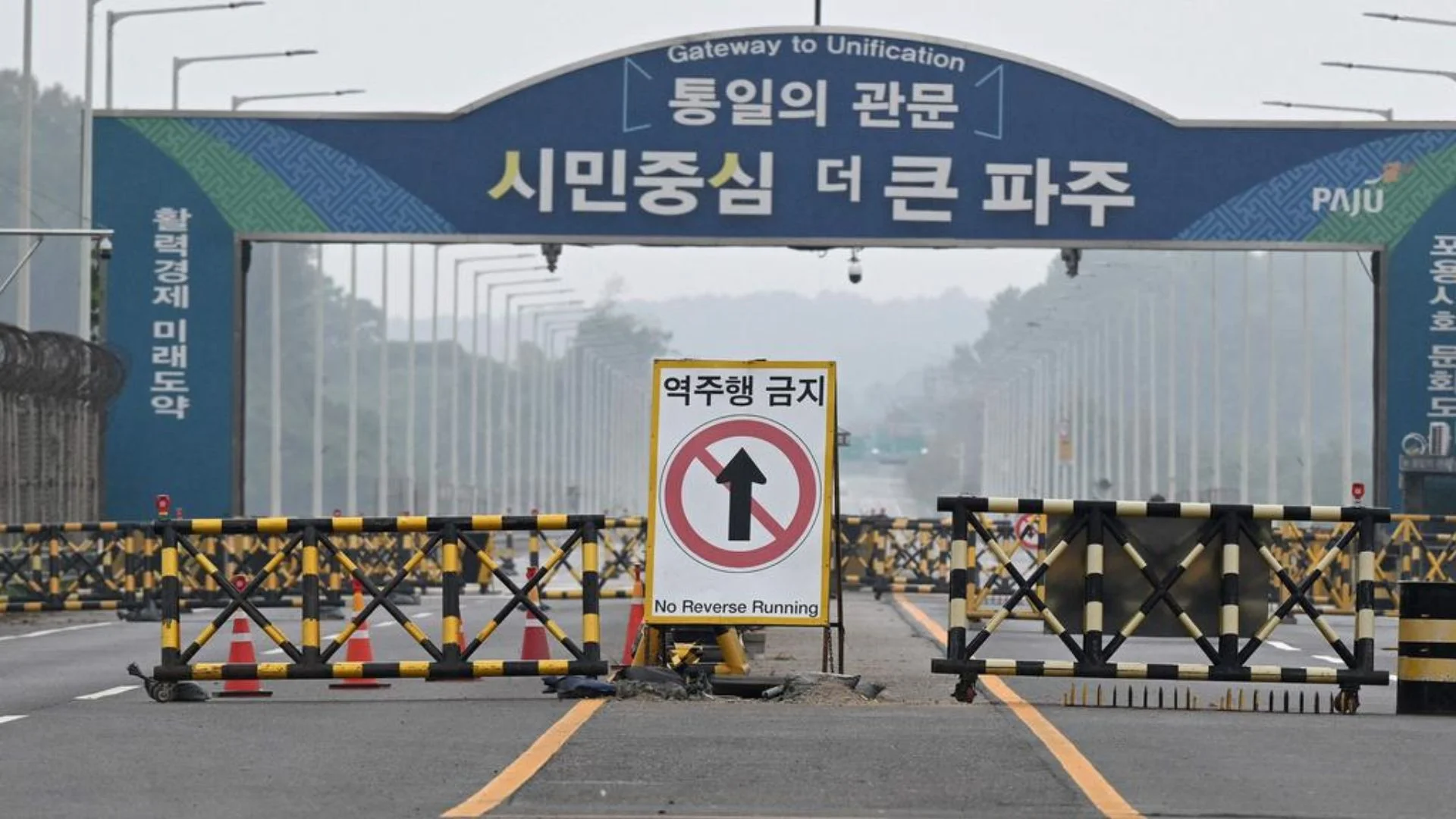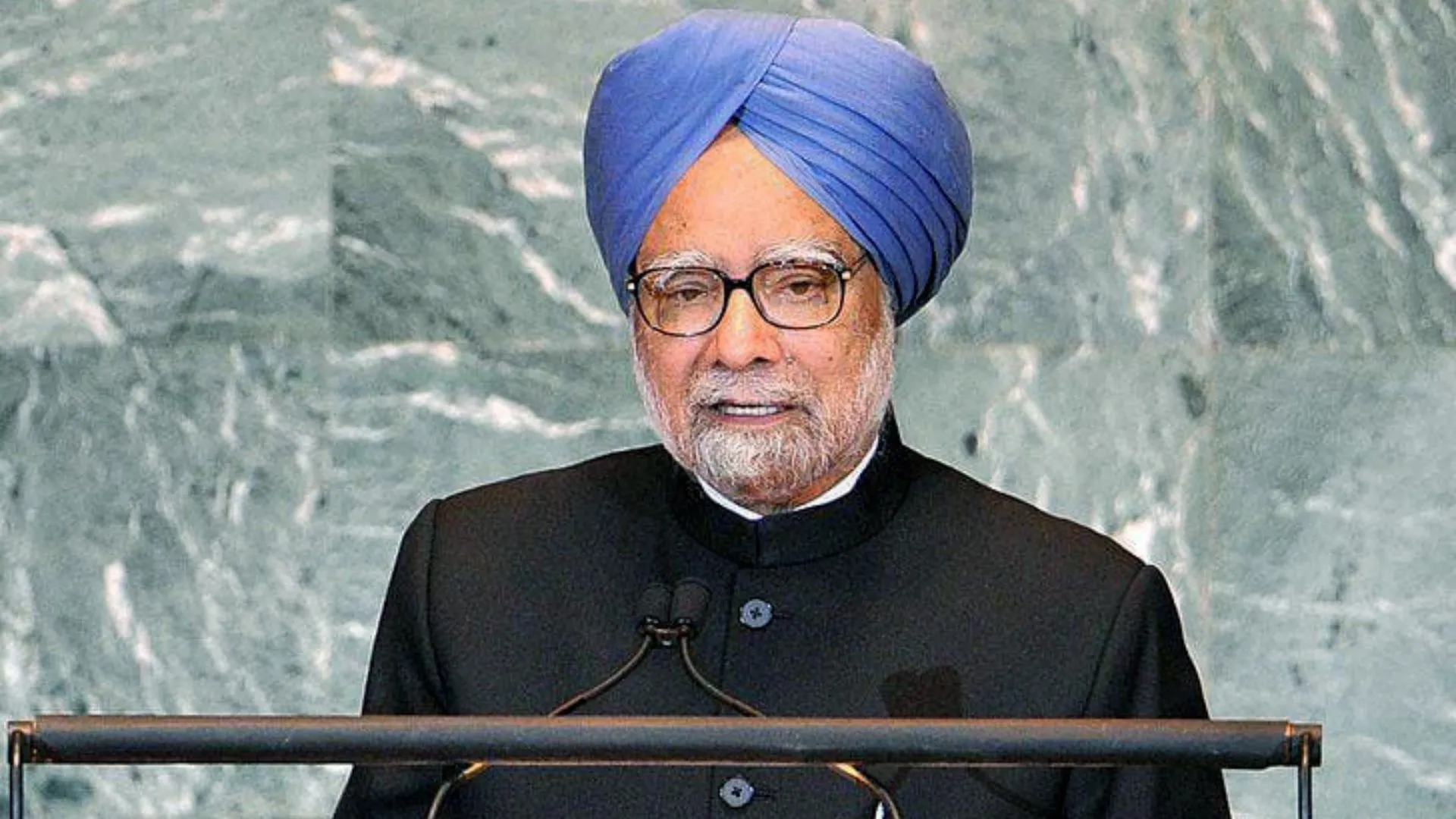Abortion rights have emerged as one of the most significant topics ahead of the U.S. presidential election on November 5. This issue impacts half of the U.S. population and is considered a matter of individual liberty, protected by the Fourteenth Amendment of the U.S. Constitution.
The Impact of Trump’s Presidency
During his presidency, Donald Trump influenced the composition of the Supreme Court, leading to the 2022 decision that overturned Roe v. Wade. This landmark ruling dismantled nearly 50 years of federal protection for abortion rights and allowed states to establish their own abortion policies.
Currently, at least ten states are set to hold referendums regarding abortion rights, with the questions appearing on the same ballots as the presidential vote. This election marks the first time voters will face these issues after significant restrictions on abortion access have been implemented nationwide.
Potential Consequences of the Election
The outcome of these referendums could have significant ramifications, potentially reversing restrictions that impact millions of women. Democrats are optimistic that the abortion issue will galvanize a wider range of voters to support their candidates.
In recent times, many women in the U.S. have been compelled to travel across state lines to terminate pregnancies that threaten their health. Kamala Harris highlighted this crisis, stating, “This is a health care crisis, and Donald Trump is the architect.”
Understanding the Referendums
The Fourteenth Amendment states, “All persons born or naturalized in the United States, and subject to the jurisdiction thereof, are citizens of the United States and of the State wherein they reside. No State shall make or enforce any law which shall abridge the privileges or immunities of citizens of the United States; nor shall any State deprive any person of life, liberty, or property, without due process of law; nor deny to any person within its jurisdiction the equal protection of the laws.”
The referendums in November aim to establish state-level protections for reproductive rights, which have been compromised by the Supreme Court’s ruling in 2022.
States Holding Referendums
Several states affected by the Supreme Court’s ruling are participating in these referendums, including Arizona, Florida, Missouri, Nebraska, and South Dakota. Additionally, states like Colorado, Maryland, Montana, Nevada, and New York are also voting on abortion rights.
Arizona
Arizona, a key swing state, currently restricts abortions to the first 15 weeks of pregnancy. Democrats are hopeful that the referendum will strengthen their chances in this crucial battleground. Proposition 139, which is likely to pass, would allow abortions until the point of fetal viability.
Florida
As the third-most populous state in the U.S., Florida has a ban on abortions after six weeks of pregnancy, a timeline that often leaves women unaware of their pregnancies. Voters will decide whether to extend this limit to fetal viability, approximately 24 weeks. To pass, the proposed amendment needs 60% of the votes. A recent poll shows that 55% of Floridians support this change, while 20% remain uncertain.
Missouri
Missouri has one of the strictest abortion bans in the country, with no exceptions for rape or incest. The upcoming referendum aims to allow abortions until fetal viability in this traditionally Republican state.
Nebraska
In Nebraska, abortion is legal until the 12th week. This state will vote on two competing measures: one to establish a “fundamental right” to abortion until fetal viability, and another to ban it after the first trimester. The amendment that receives more than 50% of the vote will prevail.
South Dakota
South Dakota has a restrictive abortion policy, permitting the procedure only when necessary to save a mother’s life. Voters will now have the opportunity to restore the right to abortion during the first trimester.
Colorado
In Colorado, where abortion is legal without a gestational limit, a citizen-led initiative is seeking to constitutionally protect the right to abortion in this Democratic stronghold.
Maryland
Maryland voters will decide whether to amend their constitution to protect the right to abortion until fetal viability.
Montana
Abortion is currently legal in Montana until fetal viability, despite attempts to limit access that have been blocked by judges. The proposed amendment aims to solidify existing reproductive rights in the state’s constitution.
Nevada
In Nevada, where abortion is legal until fetal viability (24 weeks), voters will choose whether to embed this right into the state constitution.
New York
In New York, lawmakers have introduced an amendment to enhance abortion access, which is already permitted until fetal viability, by including protections against discrimination in reproductive healthcare.
Overall, the upcoming referendums on abortion rights are poised to play a pivotal role in shaping the political landscape as the nation approaches the presidential election.














